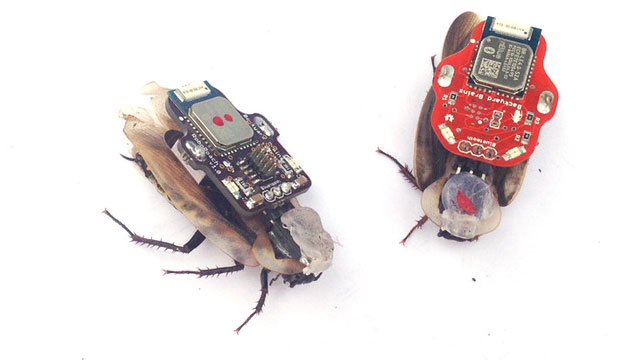Active Learning: Taking the Step from Apprentice to Master

There are two forms of learning. There’s passive learning and active learning. And passive learning is what we generally do in university. We read a book and then maybe we write a paper or we take a test. We’re just simply sponges absorbing information that we kind of get out at the end. Active learning is actually practicing what you’re learning. You’re actually hands-on doing it, and involved in the real world.
When you have a mentor, the tendency is to become passive. This person is a genius and you’re going to listen to what he or she has to say and you just follow it.
The whole idea of mastery is you’re going to eventually become a greater master than you’re mentor. That’s the job. That’s the task. As Da Vinci said, “You’re a poor apprentice if you never surpass your master, your mentor.” So that’s your goal. You’re going to become even better than he or she.
So at some point you want to become active in this relationship. And you want to start giving some feedback. And you want to be involving yourself more. And, in fact, you are teaching the mentor some things. This will happen two or three years down the road, but the idea is you don’t want to stay trapped in the sort of passive mentor-disciple relationship when you’re worshipping somebody and you’re known for developing yourself and you’re never developing your own initiative and you’re afraid to take that step.
At some point you have to slightly distance yourself, slightly rebel even a little bit and give some back and forth where you’re saying, “Well, I like what you’re doing here but I want to maybe go in another direction.” I give the example of Glenn Gould, the famous pianist from the 40s and 50s, the greatest pianist of that era. And he had an incredible mentor. And this mentor kept giving him music that he felt was right for him. And finally Glenn Gould said, “I want to do a different kind of music.” And he basically told him the kind of music that he wanted to start practicing. And then he was able to go off in a totally new direction. That’s the spirit and energy that I’m talking about.
In Their Own Words is recorded in Big Think’s studio.
Image courtesy fo Shutterstock




